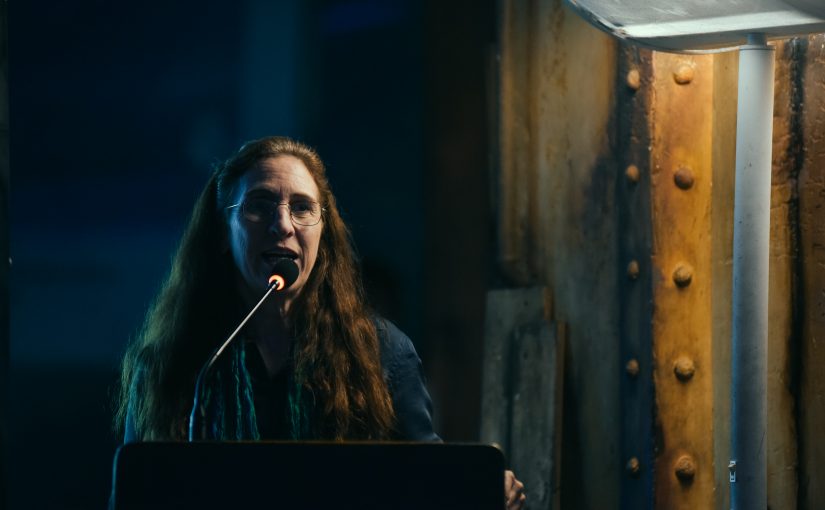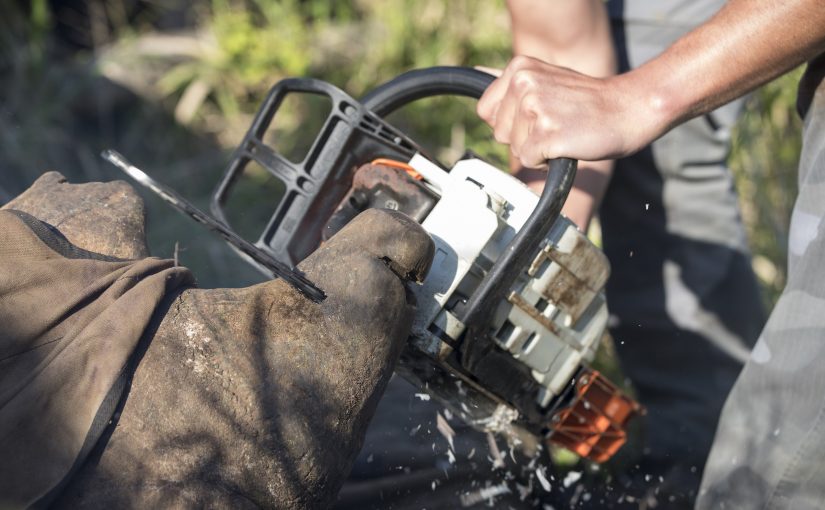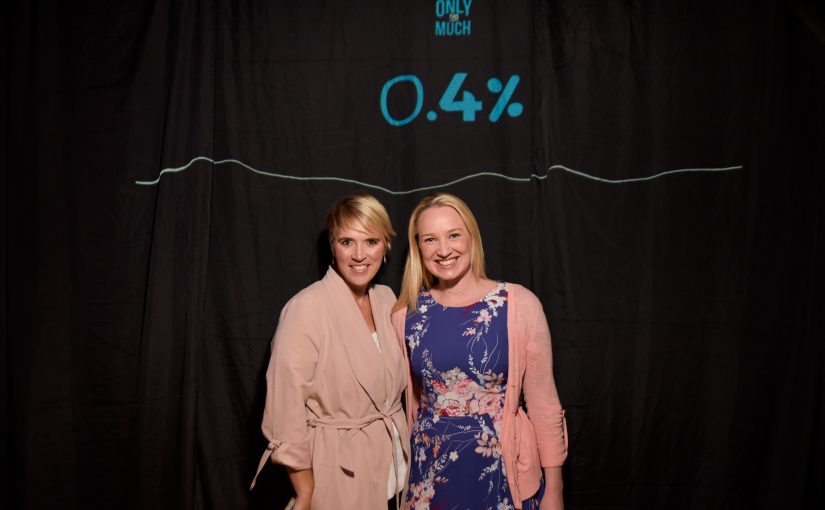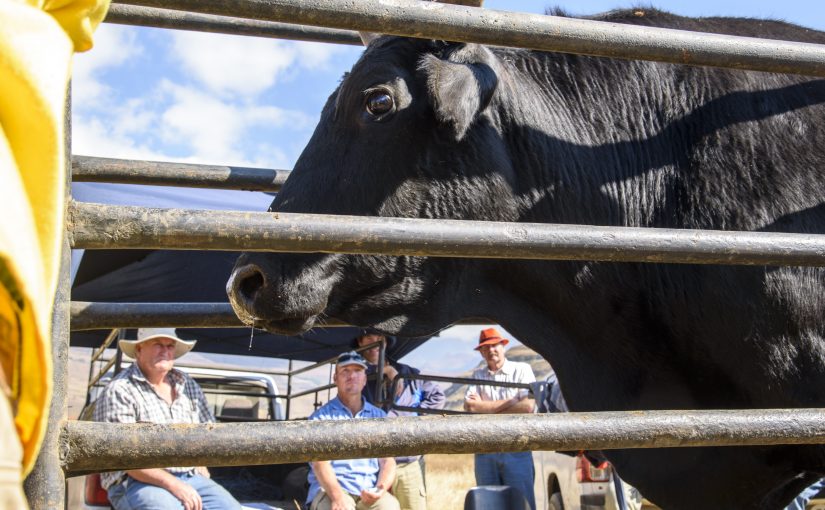To conserve the world’s oceans, we must go beyond science, and use it to inform policy and management, and ultimately to catalyse change. The Society for Conservation Biology’s International Marine Conservation Congress (IMCC) brings together conservation professionals and students to develop new and powerful tools to further marine conservation science and policy. With over 700 marine conservation professionals and students in attendance, IMCC is one of the most important international events for anyone involved in marine conservation.
Dr Jean Harris of WILDOCEANS (a programme of the WILDTRUST) and #OnlyThisMuch is attending the 5th IMCC in Kuching, Sarawak this week (24-29 June).
WILDOCEANS is a marine and coastal conservation programme and was developed in response to the need to ensure ocean health and sustainability for all. #OnlyThisMuch is a campaign in collaboration with key marine conservation stakeholders and NGO’s to advance the protection of South Africa’s oceans. Currently only 0.4% of South Africa’s waters are protected in Marine Protected Areas. This is despite South Africa being a signatory of the Convention for Biological Diversity which commits countries to achieving 10% by 2020, in order to promote ocean health and human well-being.
Harris will also be presenting on the process of identifying MPAs’ for conservation priority and, along with another PEW Fellow* Ellen Pikitch, will co-convene a workshop organized by the Pew Fellows Program on the value and effectiveness of Marine Protected Areas.
Attended by leading scientists such as Dr Jane Lubchenco, this conference will bring together marine conservationists from many walks of life including but not limited to marine scientists, managers, teachers, policy makers, and journalists.
When Harris was asked what the IMCC experience has been like thus far she said: “The need to increase protection of the oceans has been a key theme – scientific evidence indicates that at least 30% protection of ocean space is needed if the benefits that MPAs bring are to be gained – such as improved fisheries, protection of natural heritage, climate impact reduction and better livelihoods and more jobs for coastal communities.”
In the words of Prof Callum Roberts from the University of York and author of the Unnatural History of the Sea “The United Nations 10% protection target is not nearly enough to safeguard vulnerable and endangered species, boost resilience to climate change and keep nature’s engines running. It is a waypoint, not the endpoint for ocean protection.”






